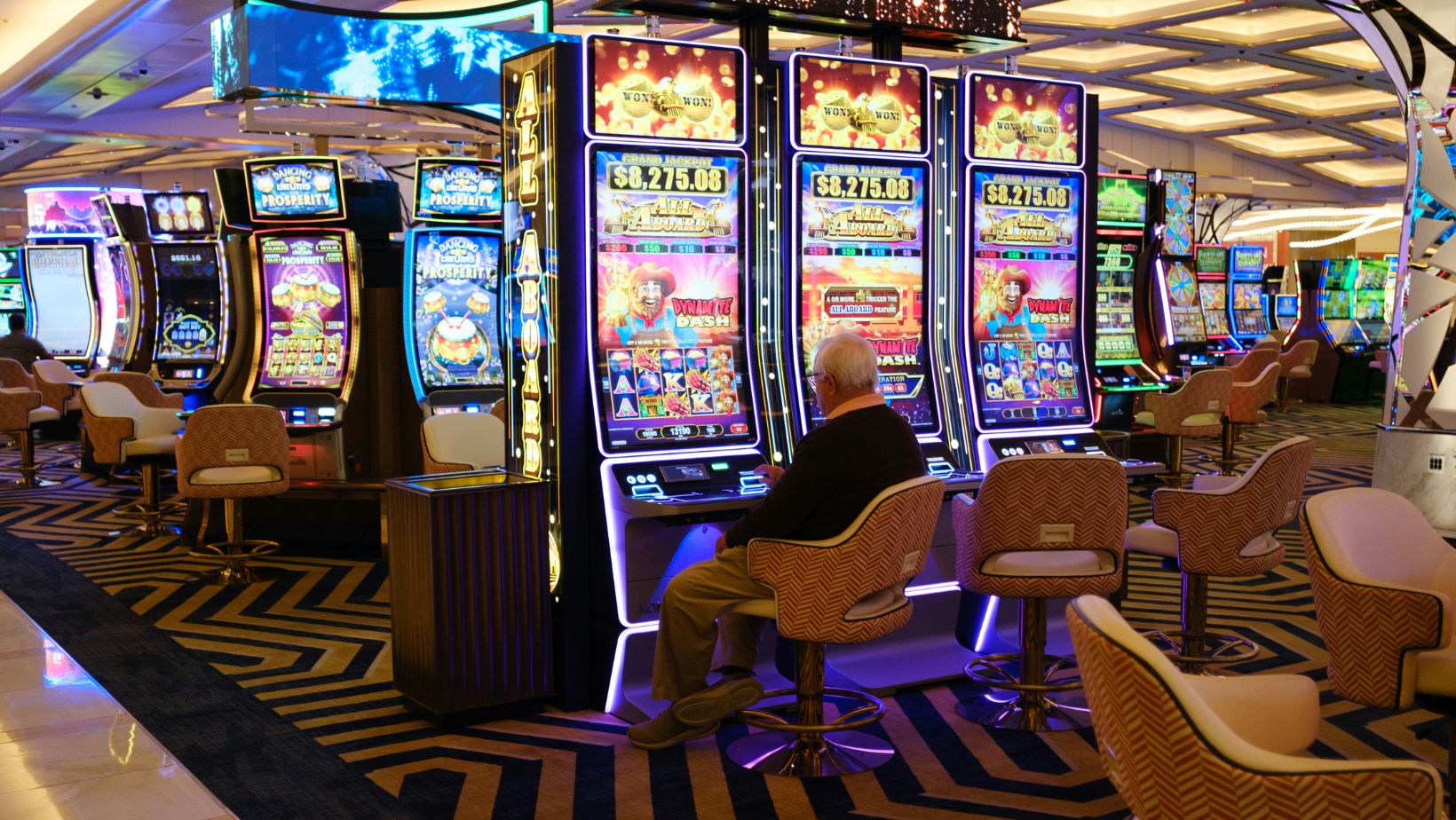Many people like to gamble, yet there are varied viewpoints regarding how it affects mental health. Some people think it is always bad, while others think it doesn’t matter at all. The truth is more complicated.
Knowing the difference between myths and facts helps players make smart choices and have fun when gaming. It’s crucial to know how gambling might affect your emotions and mental health in order to play safely.
Common Myths About Gambling and Mental Health
There are many misconceptions about gambling. One common myth is that casual gambling is always damaging. While problem gambling can cause serious issues, playing occasionally and responsibly does not automatically harm mental health.
Another myth is that only people with gambling problems experience stress or anxiety. Even regular players can feel nervous or excited during games, and this is a normal part of the experience. Platforms like GQbet show that online casinos offer tools and limits to help players manage their play and reduce stress. Understanding these myths helps players approach gambling more calmly and avoid unnecessary worry.
Understanding the Real Risks
Despite the fact that casual gambling can be harmless, it is critical to be aware of the actual dangers that it presents. Gambling might cause you to feel stressed out, have a negative impact on your mood, or make you uneasy from time to time. When games do not turn out as they had anticipated, players may become irritated; alternatively, they may feel disappointed when they lose.
Gambling repeatedly and without limits can make it difficult to focus, sleep, and feel well in general in other situations as well. Being aware of these dangers does not mean that you should never gamble; rather, it indicates that you must be knowledgeable and in control. By being aware of how gambling can impact their emotions, players can maintain a healthy balance between gambling and other aspects of their lives.
The Role of Addiction and Compulsive Gambling
Casual play is distinct from compulsive gambling. It arises when a player feels an ongoing compulsion to gamble, frequently chasing after losses or using gambling as a means of dealing with their emotions. This behavior has the potential to have a significant impact on mental health, which may manifest as anxiety, stress, and even depression.
Gambling addiction is not merely a matter of financial loss; rather, it is a matter of losing control over one’s gambling habits. It is essential to comprehend this distinction. It is important for players to take steps to recognize when gambling is becoming an issue; responsible platforms provide resources and limits to help prevent compulsive behavior.
Positive Aspects of Responsible Gambling
You don’t have to suffer negative consequences as a result of gambling. It can be enjoyable and stress-relieving for people to do it in a responsible manner. Players are able to enjoy themselves, challenge their abilities, and socialize with new individuals without experiencing any negative consequences.

You can remain in control and ensure that gambling remains enjoyable by imposing restrictions on the amount of time and money that you gamble. If players are aware that gambling can be beneficial, they can approach it with a positive mindset. Playing in a responsible manner ensures that the activity remains enjoyable and does not cause stress or anxiety.
Recognizing Warning Signs and Getting Support
Being aware of the signs to watch out for is essential to maintaining your mental health. You may be experiencing gambling addiction if you find that you spend more time gambling than you had originally planned, if you feel anxious or restless when you are not gambling, or if you use gambling as a way to avoid dealing with your problems.
If you notice these behaviors occurring, it is vital to take action. Players have the ability to establish their own limits, take breaks, and seek assistance from friends, family, or professionals. A number of online casinos offer tools to assist you in managing your gameplay, such as options to exclude yourself from play and controls for your budget. Getting assistance as soon as you notice that something is wrong prevents mental health problems from becoming more severe.
Final Thoughts
The effects of gambling on mental health are not always straightforward. Myths often make the risks seem bigger than they really are, while reality shows a more balanced picture. Playing for fun and being responsible can be safe and fun, but compulsive gambling is dangerous.
Knowing about these differences helps players make better choices and keep their minds healthy. Platforms like these give players the tools and advice they need to play safely. Players can enjoy gambling responsibly, stay in control, and focus on their mental health while having fun if they know the difference between myths and reality.
